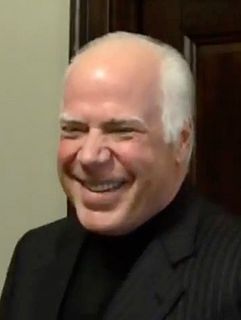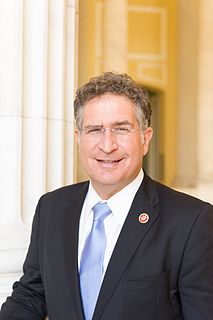A Quote by James M. Buchanan
Rent control is one policy that economists universally would oppose. It is a grossly inefficient way of allocating housing space and, of course, it inhibits construction and creates the very thing it is supposed to alleviate. It is one of those things where people simply don't understand simple economics and, therefore, put in for political reasons what will damage the very people that it is designed to help. Minimum wage levels are another classic example.
Quote Topics
Alleviate
Another
Classic
Construction
Control
Course
Creates
Damage
Designed
Economics
Economists
Example
Help
Housing
Inefficient
Levels
Minimum
Minimum Wage
Oppose
People
Policy
Political
Put
Reasons
Rent
Rent Control
Simple
Simply
Space
Supposed
Therefore
Thing
Things
Those
Understand
Universally
Very
Wage
Way
Will
Would
Related Quotes
Politically, sometimes you get situations where rent control will go through. It is especially true in an emergency, where there is a sudden, sharp increase in demand for housing or a cut back in supply. People will simply not allow the marketplace to allocate housing resources and so you get pressures for rent control. Once you have it, it is hard to eliminate.
If I thought that raising the minimum wage was the best way to help people increase their pay, I would be all for it, but it isn't. If you raise the minimum wage, you're going to make people more expensive than a machine. And that means all this automation that's replacing jobs and people is only going to be accelerated.
But can we please stop insisting that if low-wage workers earn a little bit more, unemployment will skyrocket and the economy will collapse? There is no evidence for it. The most insidious thing about trickle-down economics is not the claim that if the rich get richer, everyone is better off. It is the claim made by those who oppose any increase in the minimum wage that if the poor get richer, that will be bad for the economy. This is nonsense.
The tragic reality is that very few sustainable systems are designed or applied by those who hold power, and the reason for this is obvious and simple: to let people arrange their own food, energy and shelter is to lose economic and political control over them. We should cease to look to power structures, hierarchical systems, or governments to help us, and devise ways to help ourselves.
I remain convinced that for Stalin to have complete centralized power in his hands, he found it necessary to physically destroy the second-largest Soviet republic, meaning the annihilation of the Ukrainian peasantry, Ukrainian intelligentsia, Ukrainian language, and history as understood by the people; to do away with Ukraine and things Ukrainian as such. The calculation was very simple, very primitive: no people, therefore, no separate country, and thus no problem. Such a policy is Genocide in the classic sense of the word.
You know, people like Hillary Clinton think you grow the economy by growing Washington. I think most of us in America understand that people, not the government creates jobs. And one of the best things we can do is get the government out of the way, put in reign in all the out of control regulations, put in place and all of the above energy policy, give people the education, the skills that the need to succeed, and lower the tax rate and reform the tax code.
Raising minimum wage doesn't just benefit the workers behind me, it creates a proven ripple effect that increases wages all the way up the scale. ... Let's get the facts straight, only 20 percent of people making the minimum wage are teenagers. The rest are hardworking adults, many of them with families, and I mean hardworking.
One cannot make command decisions simply by assessing the tactical situation and going ahead with whatever course of action will do the most harm to the enemy with a minimum of death and damage to your own men and materiel. Modern warfare has become very complex, especially during the last century. Wars are won not by a simple series of battles won, but by a complex interrelationship among military victory, economic pressures, logistic maneuvering, access to the enemy’s information, political postures—dozens, literally dozens of factors.


































